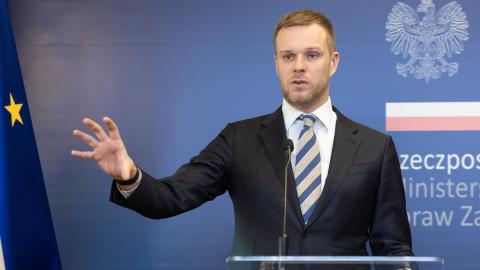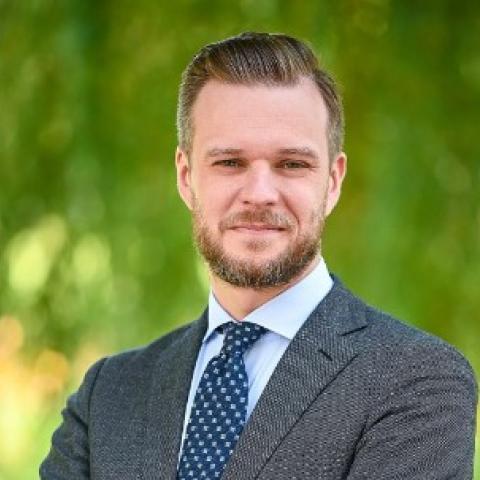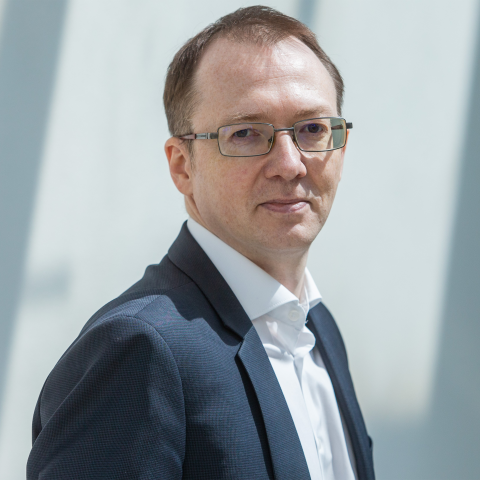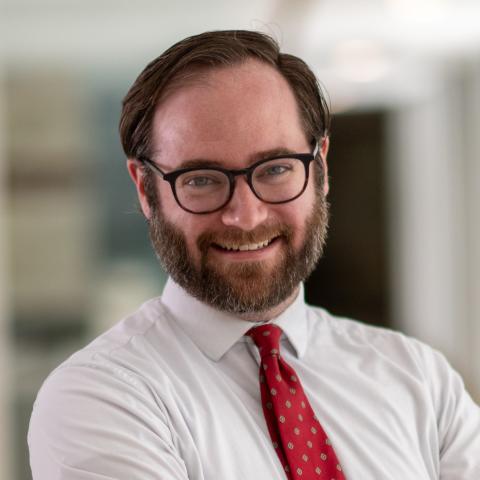


Hudson Institute’s Devlin Hartline will host copyright law experts Zvi Rosen, Ben Sheffner, and Jake Tracer for a discussion on what the Supreme Court may decide and why it matters for the creative industries.


Join Hudson for a discussion with senior defense, industry, and policy leaders on how the US and Taiwan can advance collaborative models for codevelopment, coproduction, and supply chain integration.


Join Senior Fellow Nadia Schadlow and an expert panel for a discussion on the DoW’s financial tools, the extent of the department’s authorities, and the role it will play in the broader American reindustrialization effort.


Moderated by Senior Fellow Matthew Boyse, a 35-year foreign service officer, this conversation will explore the evolving landscape of American diplomacy and development.























